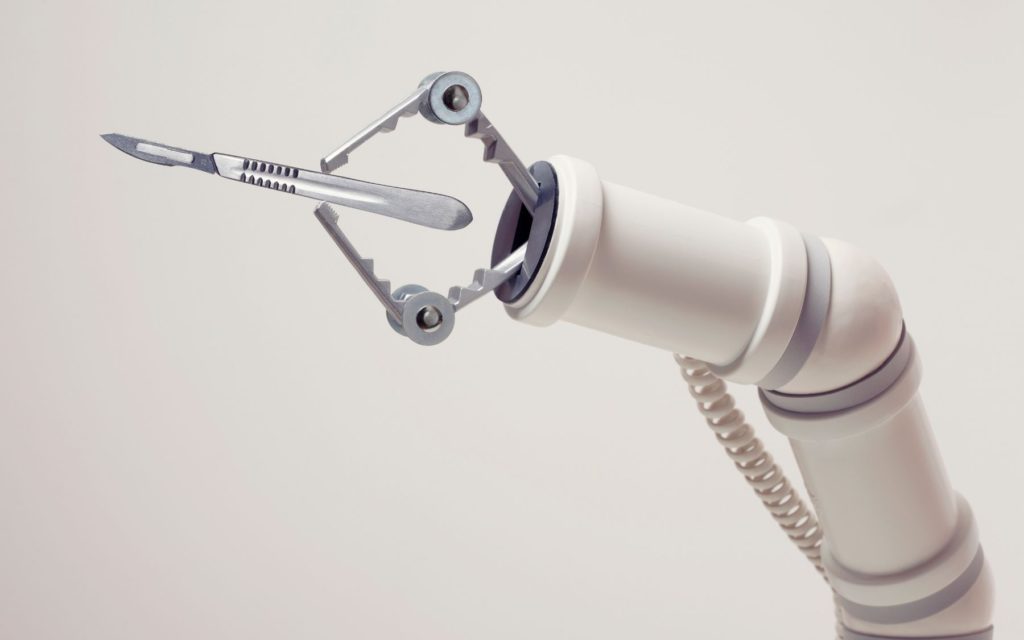Urinary incontinence is a very common condition, affecting people of different ages. Urinary incontinence is described as the unintentional passing of urine.
There are different types of urinary incontinence. The most common including:
- Stress incontinence – this occurs when the bladder is under pressure. For example, urine leaks when you cough or laugh
- Urge incontinence – this occurs when you leak at the same time or just before you get the sudden urge to go to the toilet
- Overflow incontinence – this type of incontinence can also be referred to as chronic urinary retention. This happens when the bladder is unable to fully empty and therefore results in frequent leaking
- Total incontinence – this occurred when the bladder is unable to store any urine and therefore results in constant or regular urinary leaking
For some, they may experience a mixture of both stress and urge incontinence.
If you believe that you are experiencing urinary incontinence it is a good idea to go and see your GP. Although you might find this first step slightly embarrassing, it is the necessary step to get your condition under control; remember it is a very common condition.
Urinary incontinence is usually caused by a muscle weakness or an obstruction/ blockage. In some cases, this can also be caused by birth defects or spinal injuries (this is less common).
Here are some factors that put you at risk of developing urinary incontinence:
- Pregnancy and child birth
- Obesity
- A family history
- Ageing
After seeing you GP you may be referred to see a specialist about your symptoms. They will go over the different treatment options. These will usually include lifestyle changes; surgery will only be offered as a last resort.
Here are some lifestyle changes you can follow to improve your incontinence:
- Maintain a healthy weight – this can helps to relieve some of the pressure on the bladder
- Drinking – try to remove or reduce the amount of caffeine and alcohol you are drinking.
- Pelvic floor exercise – if you incontinence is cause by a weak muscle, these exercise can help to relieve the symptoms.
Urology Clinics Manchester’s bladder and kidney clinics have a team of specialists to help you diagnose, manage and treat your incontinence, contact us here.
This article is intended to inform and give insight but not treat, diagnose or replace the advice of a doctor. Always seek medical advice with any questions regarding a medical condition.






0 Comments